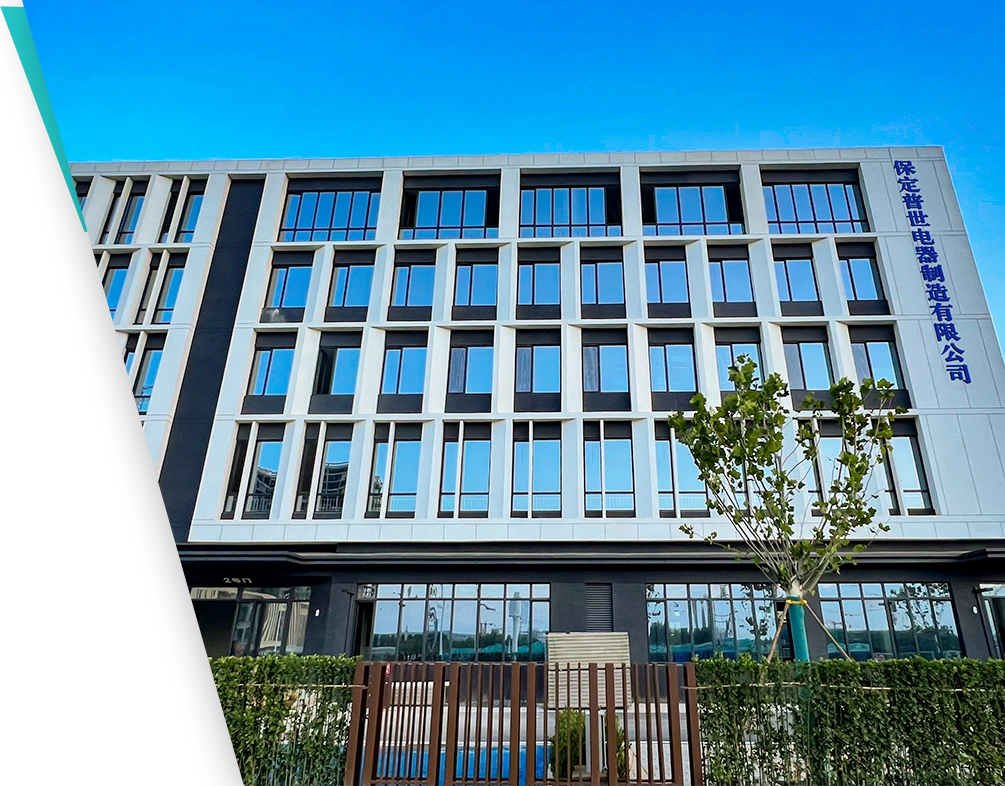 English
English



-
 Afrikaans
Afrikaans -
 Albanian
Albanian -
 Amharic
Amharic -
 Arabic
Arabic -
 Armenian
Armenian -
 Azerbaijani
Azerbaijani -
 Basque
Basque -
 Belarusian
Belarusian -
 Bengali
Bengali -
 Bosnian
Bosnian -
 Bulgarian
Bulgarian -
 Catalan
Catalan -
 Cebuano
Cebuano -
 China
China -
 China (Taiwan)
China (Taiwan) -
 Corsican
Corsican -
 Croatian
Croatian -
 Czech
Czech -
 Danish
Danish -
 Dutch
Dutch -
 English
English -
 Esperanto
Esperanto -
 Estonian
Estonian -
 Finnish
Finnish -
 French
French -
 Frisian
Frisian -
 Galician
Galician -
 Georgian
Georgian -
 German
German -
 Greek
Greek -
 Gujarati
Gujarati -
 Haitian Creole
Haitian Creole -
 hausa
hausa -
 hawaiian
hawaiian -
 Hebrew
Hebrew -
 Hindi
Hindi -
 Miao
Miao -
 Hungarian
Hungarian -
 Icelandic
Icelandic -
 igbo
igbo -
 Indonesian
Indonesian -
 irish
irish -
 Italian
Italian -
 Japanese
Japanese -
 Javanese
Javanese -
 Kannada
Kannada -
 kazakh
kazakh -
 Khmer
Khmer -
 Rwandese
Rwandese -
 Korean
Korean -
 Kurdish
Kurdish -
 Kyrgyz
Kyrgyz -
 Lao
Lao -
 Latin
Latin -
 Latvian
Latvian -
 Lithuanian
Lithuanian -
 Luxembourgish
Luxembourgish -
 Macedonian
Macedonian -
 Malgashi
Malgashi -
 Malay
Malay -
 Malayalam
Malayalam -
 Maltese
Maltese -
 Maori
Maori -
 Marathi
Marathi -
 Mongolian
Mongolian -
 Myanmar
Myanmar -
 Nepali
Nepali -
 Norwegian
Norwegian -
 Norwegian
Norwegian -
 Occitan
Occitan -
 Pashto
Pashto -
 Persian
Persian -
 Polish
Polish -
 Portuguese
Portuguese -
 Punjabi
Punjabi -
 Romanian
Romanian -
 Russian
Russian -
 Samoan
Samoan -
 Scottish Gaelic
Scottish Gaelic -
 Serbian
Serbian -
 Sesotho
Sesotho -
 Shona
Shona -
 Sindhi
Sindhi -
 Sinhala
Sinhala -
 Slovak
Slovak -
 Slovenian
Slovenian -
 Somali
Somali -
 Spanish
Spanish -
 Sundanese
Sundanese -
 Swahili
Swahili -
 Swedish
Swedish -
 Tagalog
Tagalog -
 Tajik
Tajik -
 Tamil
Tamil -
 Tatar
Tatar -
 Telugu
Telugu -
 Thai
Thai -
 Turkish
Turkish -
 Turkmen
Turkmen -
 Ukrainian
Ukrainian -
 Urdu
Urdu -
 Uighur
Uighur -
 Uzbek
Uzbek -
 Vietnamese
Vietnamese -
 Welsh
Welsh -
 Bantu
Bantu -
 Yiddish
Yiddish -
 Yoruba
Yoruba -
 Zulu
Zulu
gas chromatography mass
Gas Chromatography-Mass Spectrometry (GC-MS) is a powerful analytical technique that combines the physical separation capabilities of gas chromatography with the mass analysis capabilities of mass spectrometry. This synergistic methodology is extensively used in various fields, including environmental monitoring, food safety, forensic science, and pharmaceuticals, due to its ability to provide qualitative and quantitative analysis of complex mixtures.
In gas chromatography, a sample is vaporized and injected into a chromatographic column. The column is packed with a stationary phase that interacts differently with the various components of the sample. As the vaporized sample moves through the column, the different compounds are separated based on their volatility and affinity for the stationary phase. The time it takes for a compound to travel through the column and elute is known as the retention time, which is characteristic of each compound.
.
The advantages of GC-MS include its high sensitivity, selectivity, and reproducibility. These characteristics enable researchers to detect trace levels of substances in complex matrices and to identify compounds with high specificity. For instance, in environmental studies, GC-MS is pivotal in identifying pollutants in air, soil, and water samples, thus assisting regulatory agencies in monitoring environmental health.
gas chromatography mass

In the food industry, GC-MS plays a crucial role in ensuring food safety. It is employed to detect pesticide residues, contaminants, and flavor compounds, which is essential for maintaining quality and safety standards. Additionally, in forensic science, GC-MS is a standard tool for toxicology studies, aiding in the identification of drugs and other substances in biological samples.
Despite its many advantages, GC-MS does have some limitations. It requires samples to be in a volatile or semi-volatile state, which may not be suitable for all compounds. Additionally, method development and calibration can be time-consuming, necessitating a level of expertise in the operation and interpretation of results.
In conclusion, Gas Chromatography-Mass Spectrometry stands as a pivotal technique in modern analytical chemistry. Its capability to efficiently separate and accurately analyze complex mixtures makes it essential in various scientific fields. Ongoing advances in technology continue to enhance the performance and applications of GC-MS, allowing for more comprehensive analysis and understanding of chemical compositions in diverse environments.
-
Testing Equipment Industry Sees Major Advancements in 2025: Smart & Precision Technologies Lead the WayNewsJun.06,2025
-
Applications of Direct Current Generators in Renewable Energy SystemsNewsJun.05,2025
-
Hipot Tester Calibration and Accuracy GuidelinesNewsJun.05,2025
-
Digital Circuit Breaker Analyzer Features and BenefitsNewsJun.05,2025
-
Benefits of Real-Time Power Quality Monitoring Devices for Industrial EfficiencyNewsJun.05,2025
-
Earth Fault Loop Testing in High-Rise Building Electrical SystemsNewsJun.05,2025



